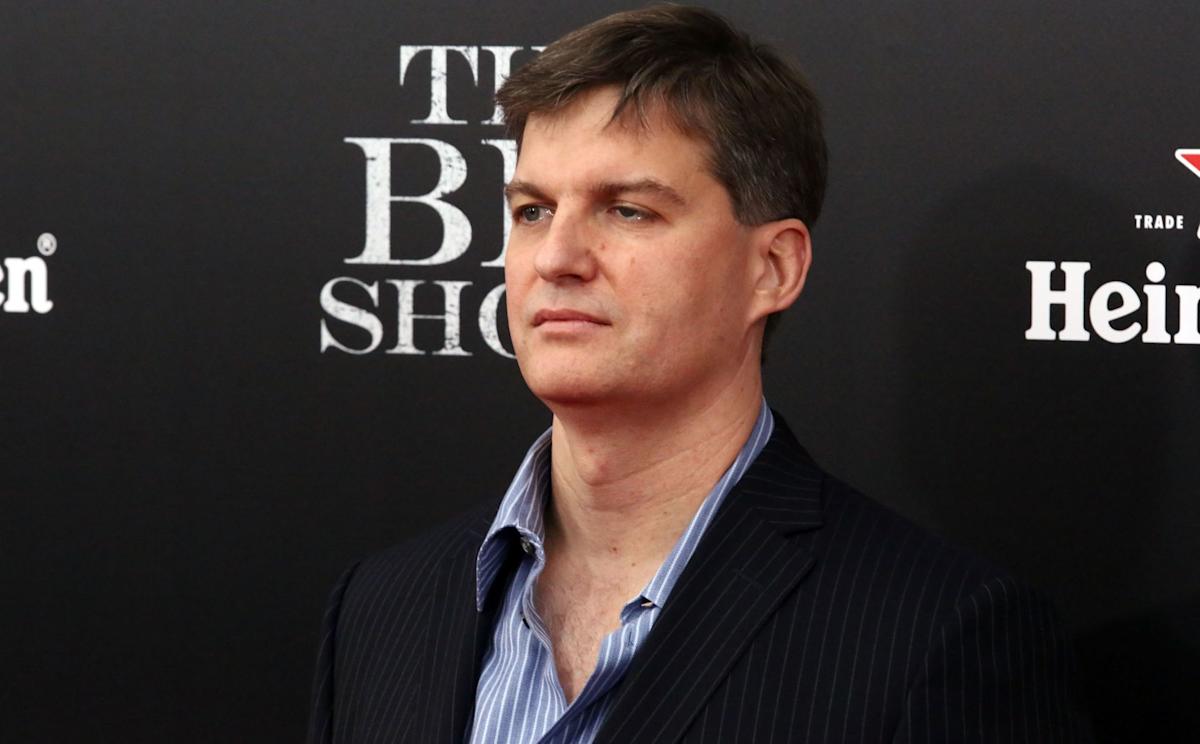Artificial intelligence reached a tipping point in 2025, as tech titans poured billions into the technology to stay relevant — and if you think that sounds alarmingly similar to the run-up to previous economic bubbles, a legend in the world of capital does, too.
Michael Burry is famous for one thing: accurately predicting the 2008 housing crisis and subprime mortgage crash.
Burry’s uncanny foresight and perseverance, as the world’s bankers laughed his warnings off, were the basis for the 2015 comedy/thriller The Big Short, a riveting film that chronicled the technicalities of the crash in a manner accessible to general audiences.
When Wall Street was eventually rocked by the housing collapse, Burry’s prognostication skills were painfully validated — and as Fortune reported, his view of AI futures could rattle investors.
According to CNN, Burry’s Scion Asset Management fund placed bets that share prices will drop for two AI companies, noting it “bought roughly $187.6 million in puts on Nvidia and $912 million in puts on Palantir.”
Warren Buffett, who recently published a final letter to investors, earned the honorific “the Oracle of Omaha” for his ability to read market signals.
Buffett bestowed an unsettling but similar nickname upon Burry: “Cassandra,” after the Greek goddess cursed to accurately prophesy the future, but to never be believed. To say Burry’s insights are valued is an understatement, and his predictions regarding AI are unnerving.
On X, Burry goes by the name Cassandra Unchained (@michaeljburry) and has a habit of deleting all of his tweets. On Nov. 10, Burry tweeted in technical terms about the fundamentals of many publicly traded companies with extensive AI investments, sending the sector reeling.
“Understating depreciation by extending useful life of assets artificially boosts earnings — one of the more common frauds of the modern era,” his post began.
Although Burry’s phrasing could be described as inside baseball, his assertion was straightforward. He maintained that several of the biggest tech tickers used accounting tricks to deceptively defer losses, conceal poor performance, and boost earnings.
As Fortune noted, the declaration carried weight in part because Burry concurrently decommissioned his own firm, Scion Asset Management. Concerns about an AI bubble were not exclusive to Burry, but his track record ensured investors listened.
